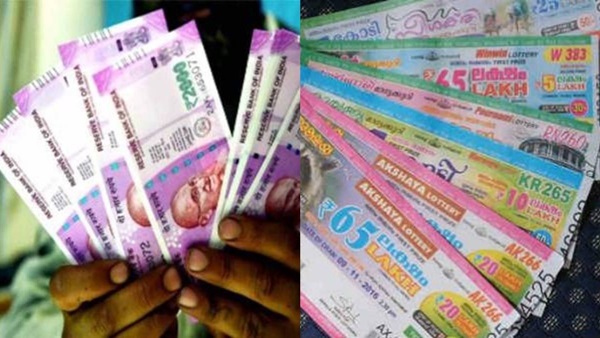The lottery has fascinated people for centuries, blending hope, luck, and economics in a way few other games can. Originating from ancient times, lotteries have evolved into a complex and multifaceted phenomenon, touching lives across the globe keluaran macau. This article delves into the history, mechanics, and social impact of lotteries, providing a comprehensive overview of this intriguing institution.
A Historical Perspective
The concept of the lottery dates back to ancient civilizations. The Chinese Han Dynasty, around 205-187 BC, is often credited with one of the earliest forms of lottery, known as “Keno.” This game was used to fund government projects and was played using a set of numbered tiles.
In medieval Europe, lotteries were employed to raise funds for various public purposes, including building bridges and supporting charitable organizations. The modern lottery, however, began to take shape in the late 15th and early 16th centuries. The first recorded European lottery was established in the Netherlands in 1726, with the proceeds used to fund public projects.
How Lotteries Work
At its core, a lottery is a game of chance. Participants purchase tickets, each with a unique set of numbers. A drawing is then held, and the winning numbers are selected at random. The prize pool, often consisting of cash or valuable goods, is distributed among those who match the drawn numbers.
Lotteries can be categorized into several types, including:
- Traditional Lotteries: Involves drawing numbers from a pool.
- Instant Lotteries (Scratch Cards): Offers immediate results where players scratch off a covering to reveal whether they’ve won.
- Online Lotteries: Conducted over the internet, offering convenience and accessibility to a broader audience.
Economic and Social Impact
Lotteries have significant economic implications. For governments, they provide a substantial source of revenue without imposing direct taxes. These funds are often allocated to public services, such as education, healthcare, and infrastructure. For example, in the United States, state lotteries contribute billions of dollars annually to educational programs.
However, lotteries are not without controversy. Critics argue that they disproportionately affect lower-income individuals. Because lottery tickets are relatively inexpensive, they can be purchased frequently, leading to a significant financial burden for those who can least afford it. Additionally, the odds of winning a major prize are extremely low, which some view as a form of regressive taxation.
Psychological and Cultural Aspects
The allure of the lottery lies in its promise of instant wealth and a transformative change in one’s life. The idea of becoming a millionaire overnight taps into universal dreams of financial freedom and a better life. This psychological appeal is a key driver behind the lottery’s enduring popularity.
Culturally, lotteries have found their way into various forms of media and entertainment. From movies and television shows to books and songs, the lottery represents both aspiration and the human condition. It symbolizes hope, the possibility of a better future, and the random nature of chance.
Technological Advancements
Advancements in technology have revolutionized the lottery industry. Online lotteries and mobile apps have made it easier for people to participate, while digital ticketing systems have streamlined the process. Moreover, blockchain technology is being explored for creating more transparent and secure lottery systems.
